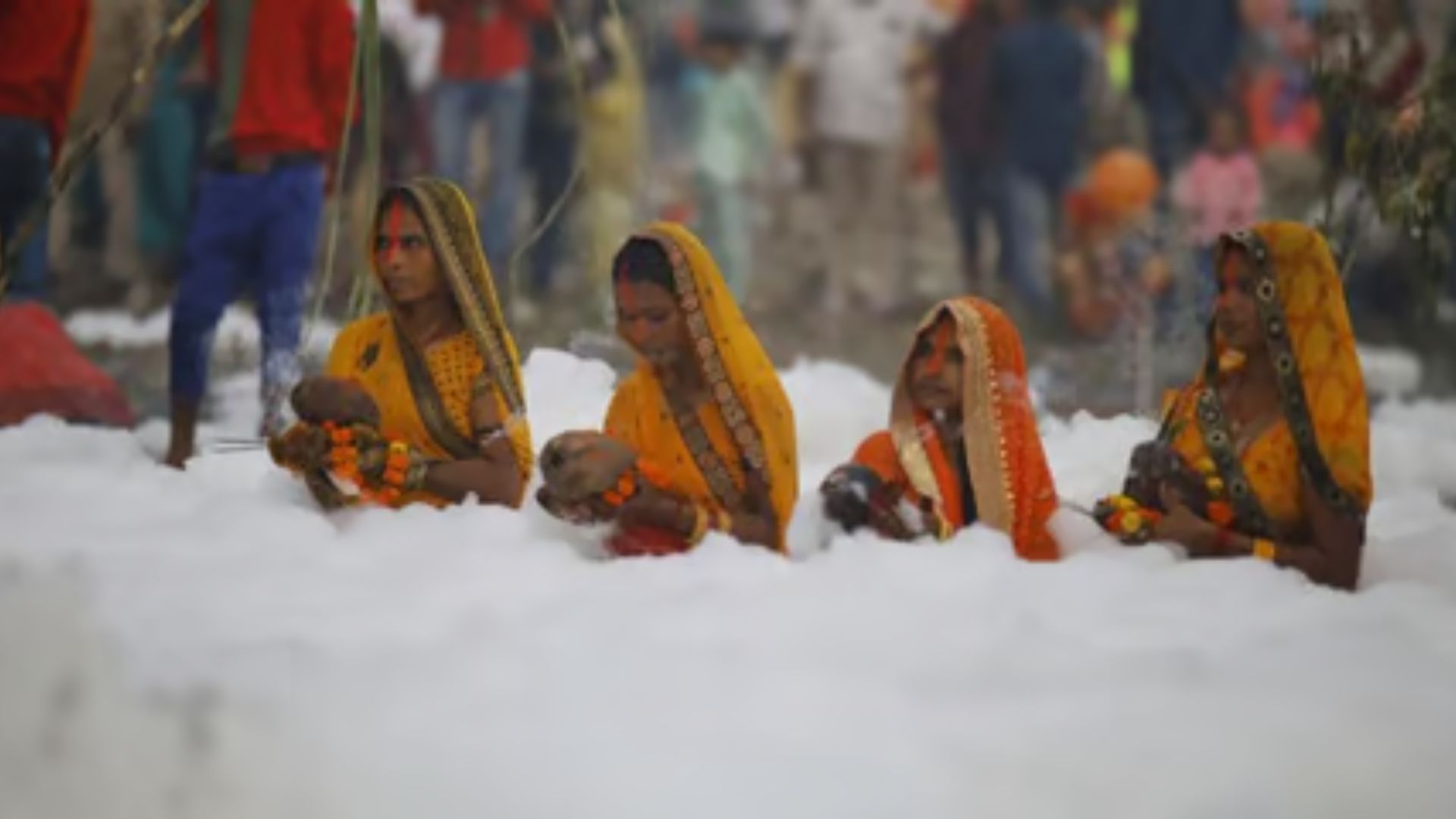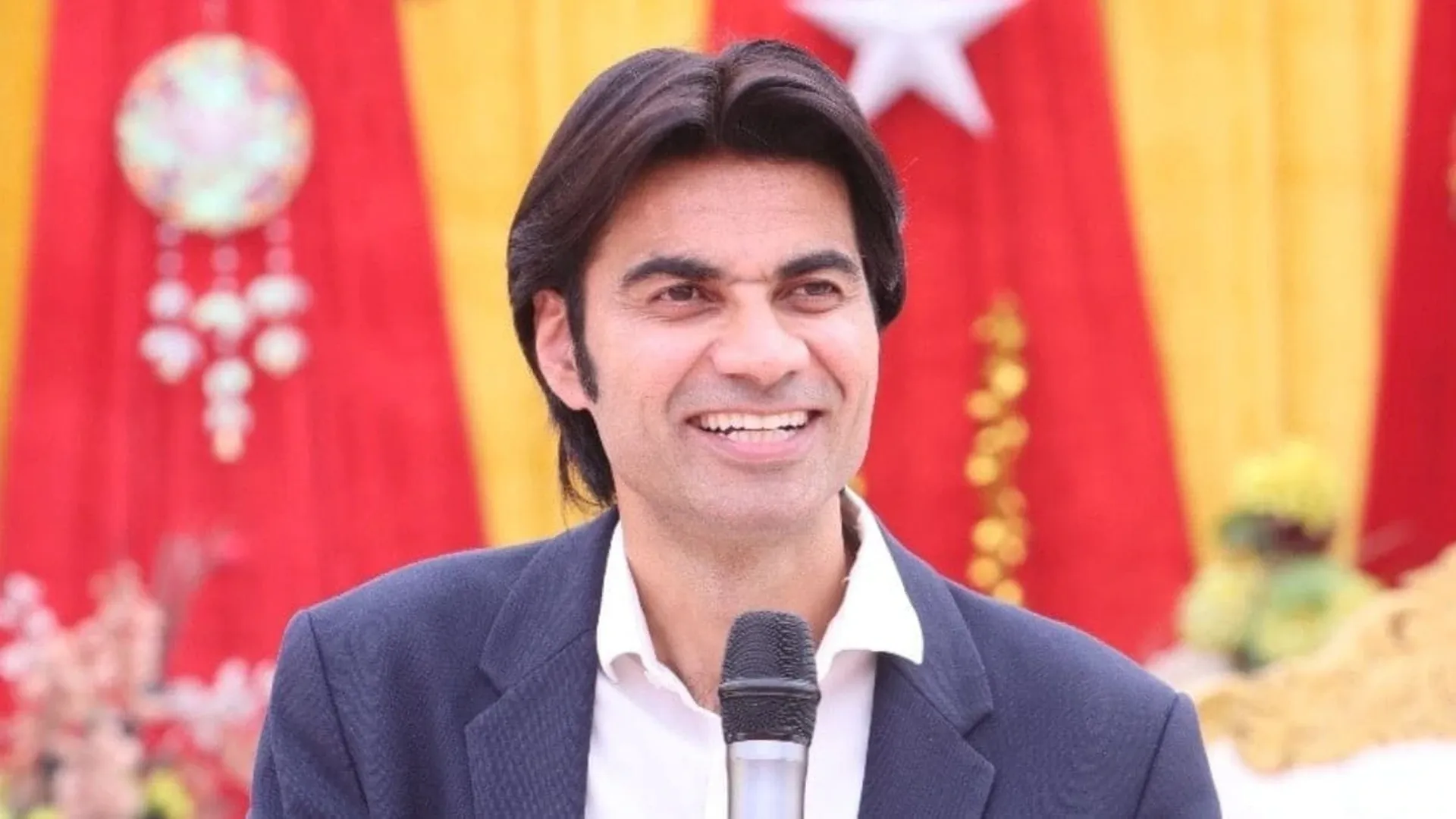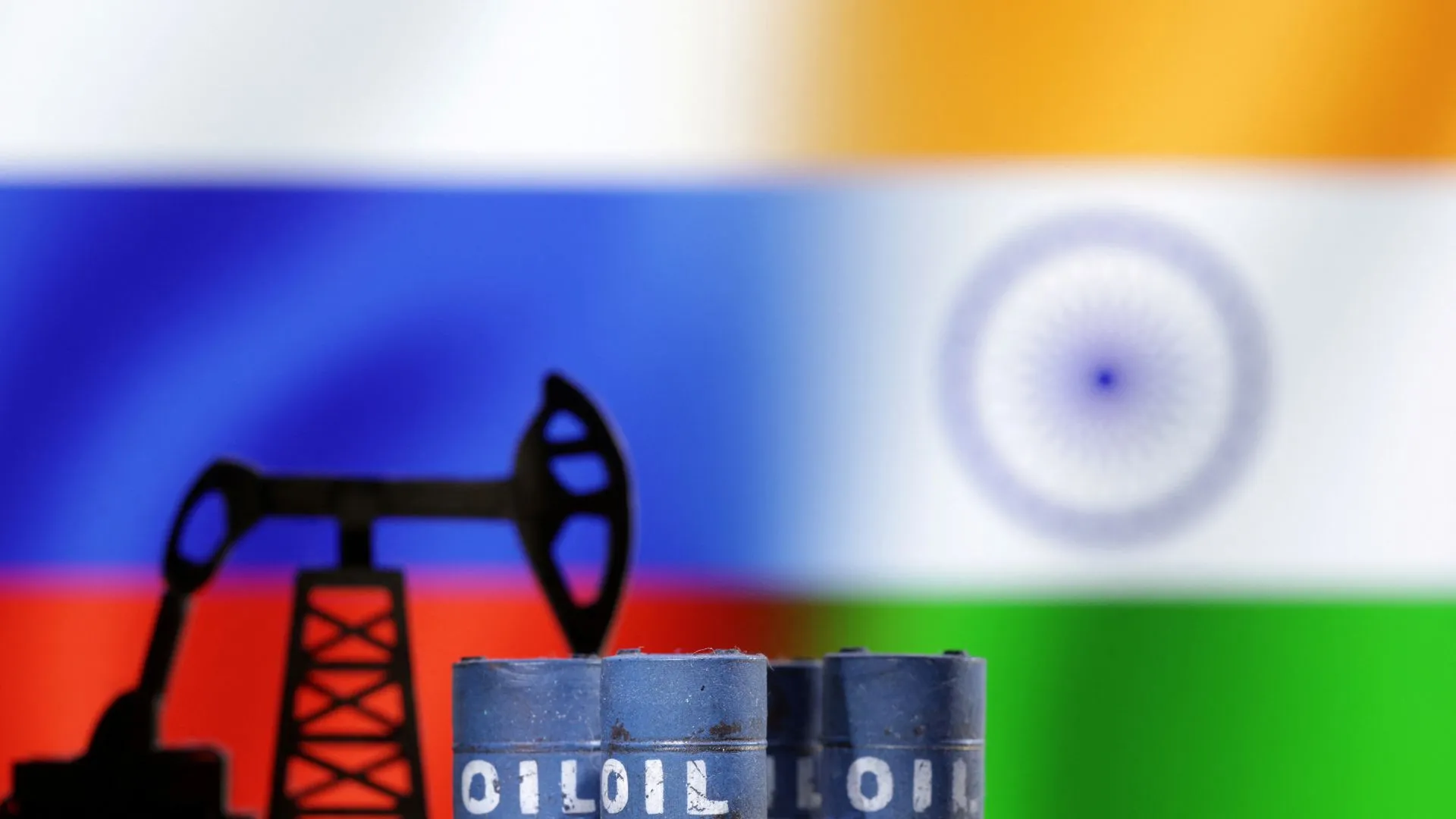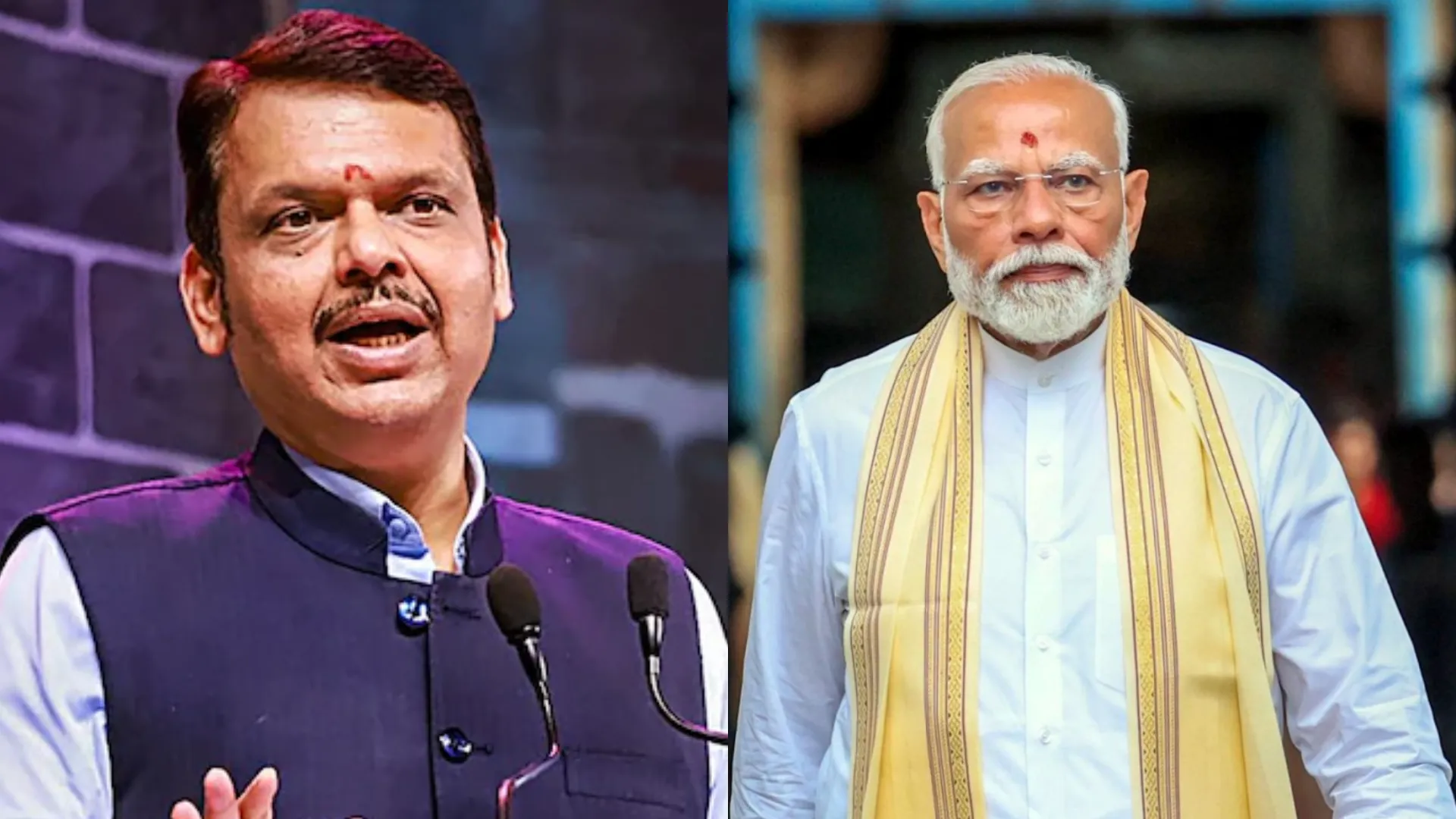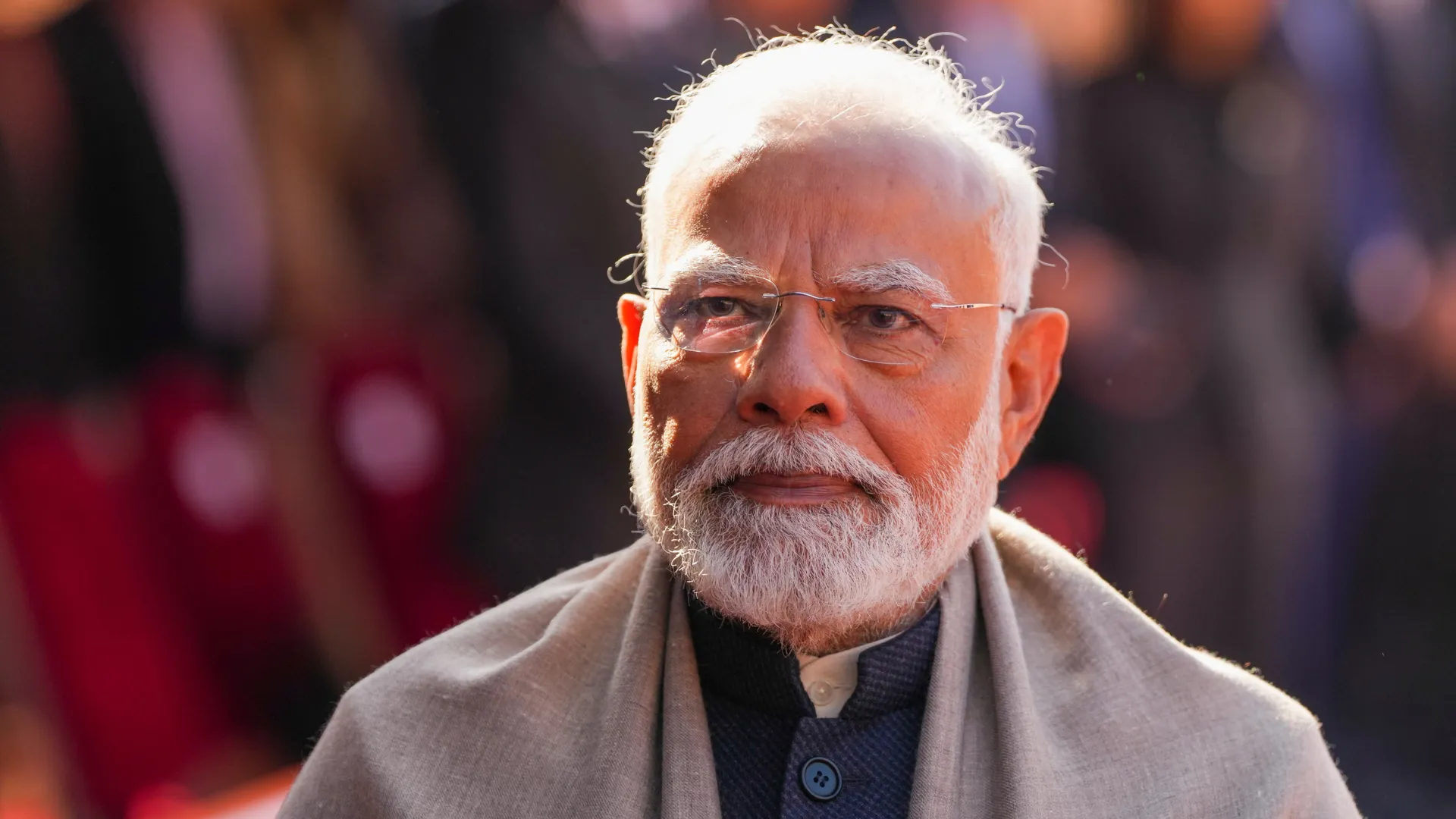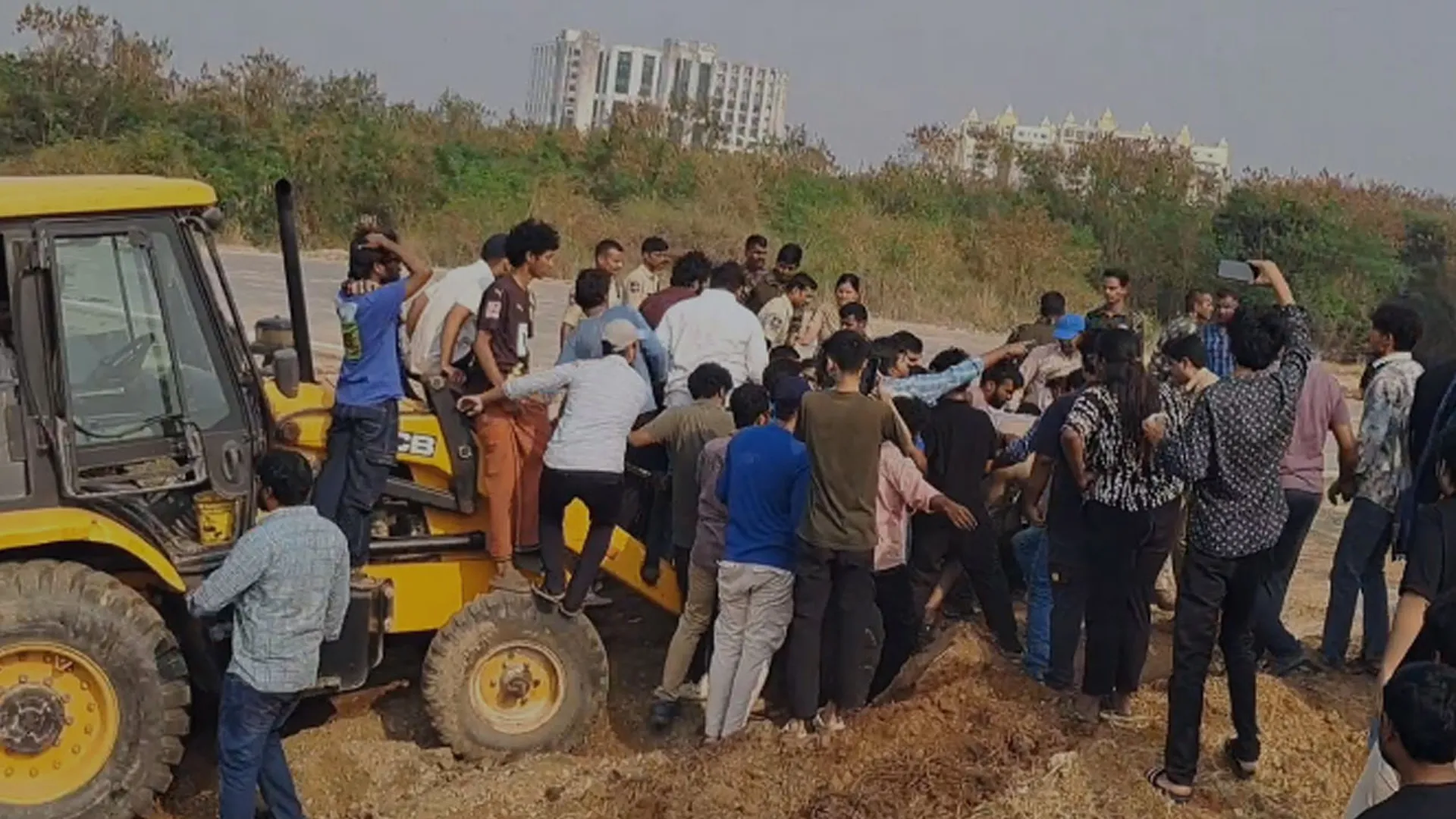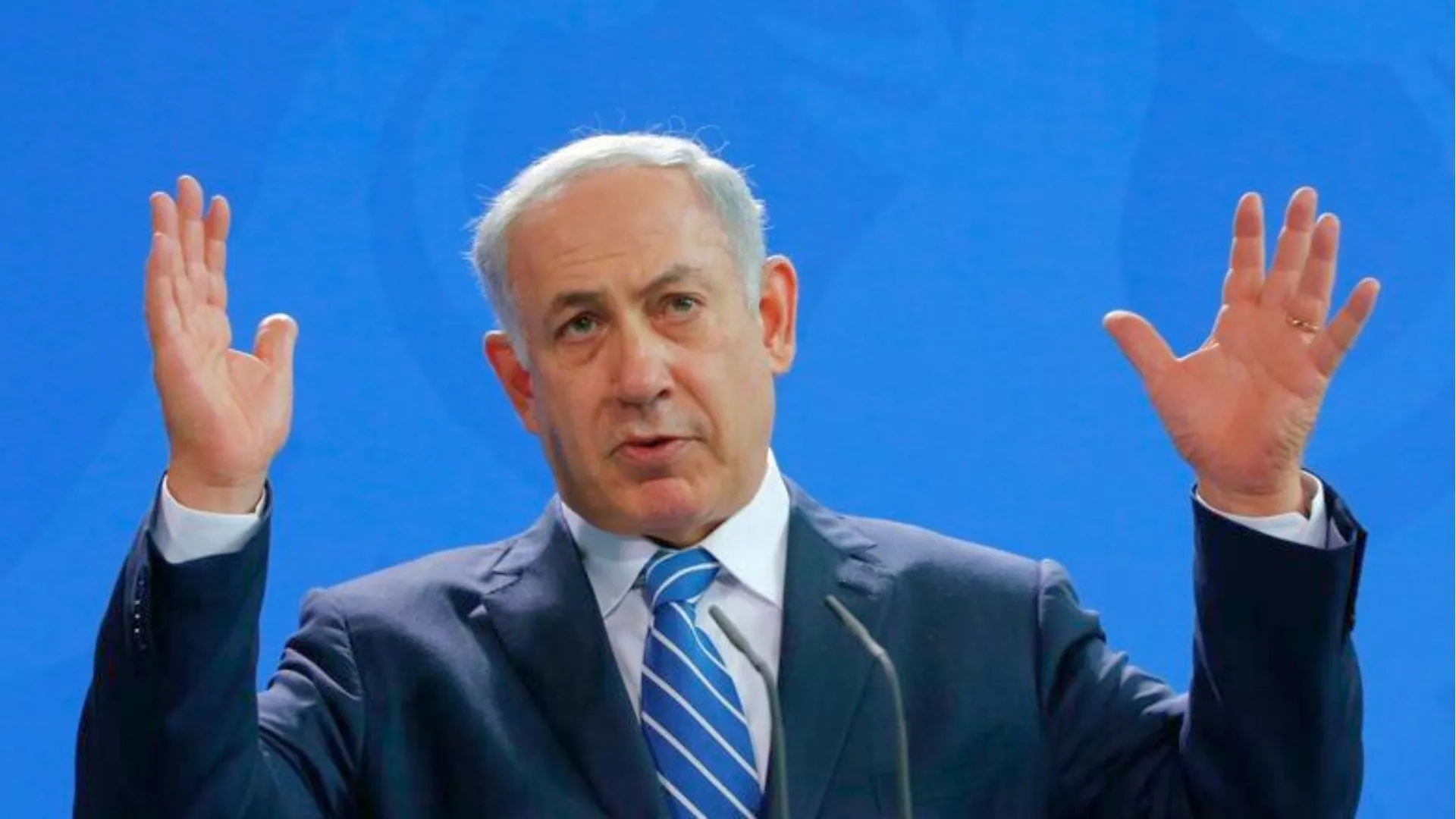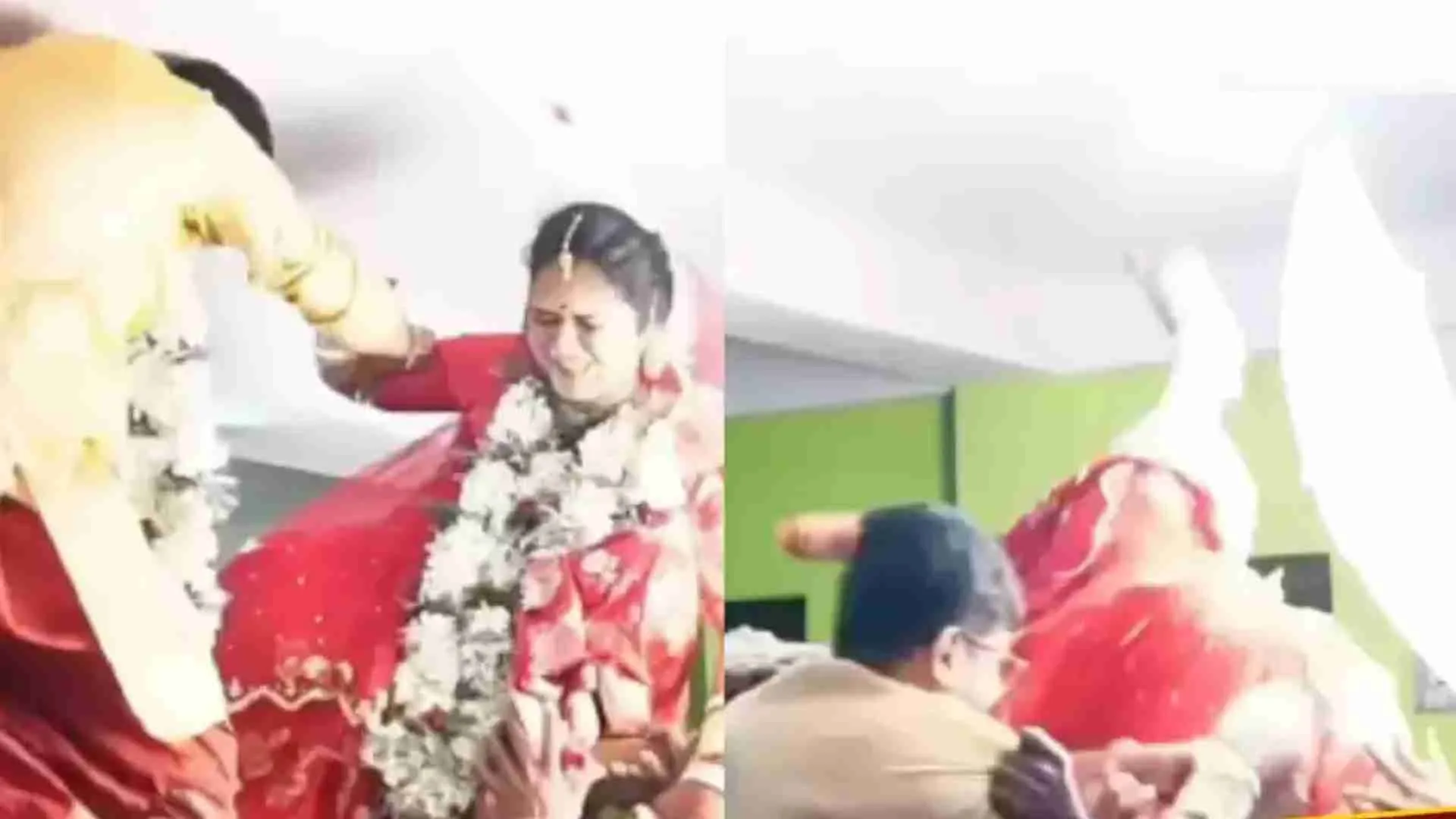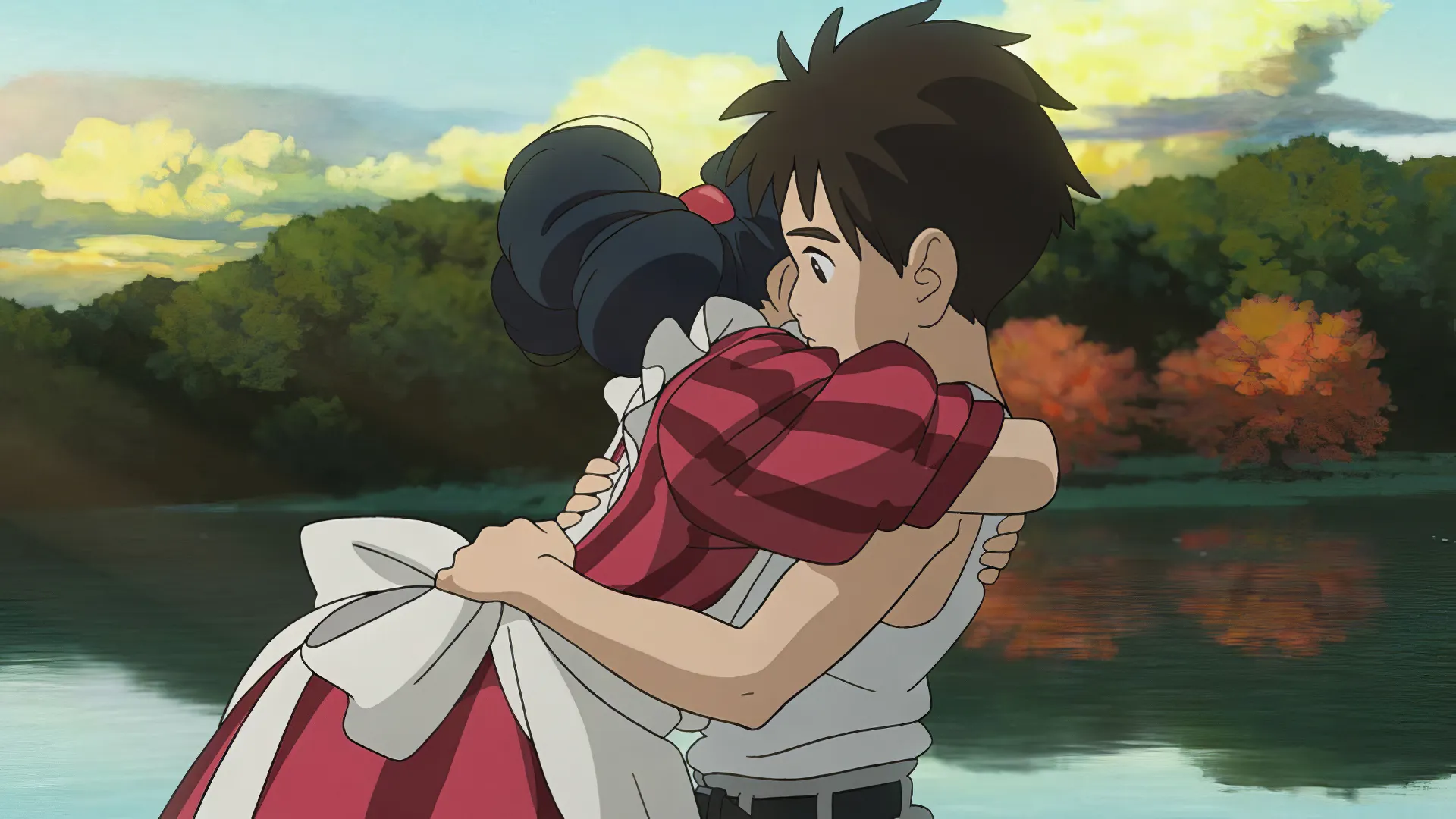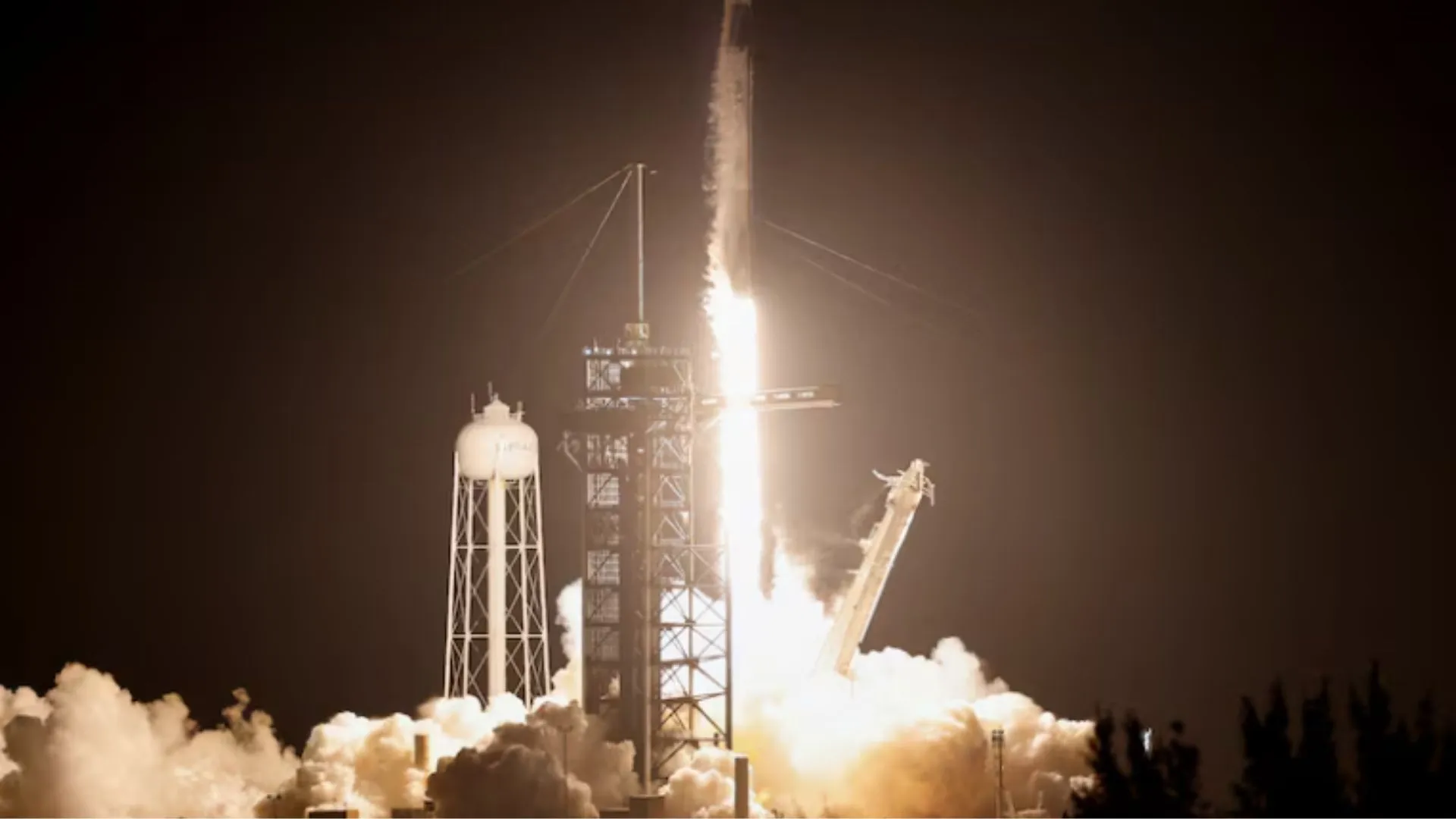On Wednesday, the Delhi High Court denied permission for Chhath Puja rituals at the Yamuna riverbank in Geeta Colony due to serious pollution concerns. Highlighting the potential health risks, a bench led by Chief Justice Manmohan and Justice Tushar Rao Gedela expressed their worries about the high contamination levels in the river. They noted, “It will be very harmful to you. The fact is that the river is so polluted that if you dip into it, there is the likelihood that…person will suffer harm. We can’t allow that. The river itself is highly polluted.”
Delhi government counsel Santosh Kumar Tripathi supported the decision, explaining that the current pollution levels in the Yamuna make it dangerous for devotees to perform rituals on the riverbed, as they may risk falling ill. According to Tripathi, the Delhi government has already designated 1,000 alternative spots across the capital for Chhath Puja, ensuring ample arrangements for worshippers.
The high court also referenced its recent ruling in the Shabnam Burney case, where it recognized that pollution in the Yamuna had reached unprecedented levels. Toxic foam was recently observed on the river’s surface at Kalindi Kunj, a clear indicator of the pollution severity.
Despite these warnings, many devotees gathered on Tuesday, the first day of Chhath Puja, to take ritual baths in the Yamuna, which was still covered in thick foam. The Puja is an essential festival for Delhi’s Purvanchali community, comprising Bhojpuri-speaking individuals from Uttar Pradesh, Bihar, and Jharkhand. This group makes up a significant 30-40% of Delhi’s voter base, ahead of the upcoming assembly elections early next year.

